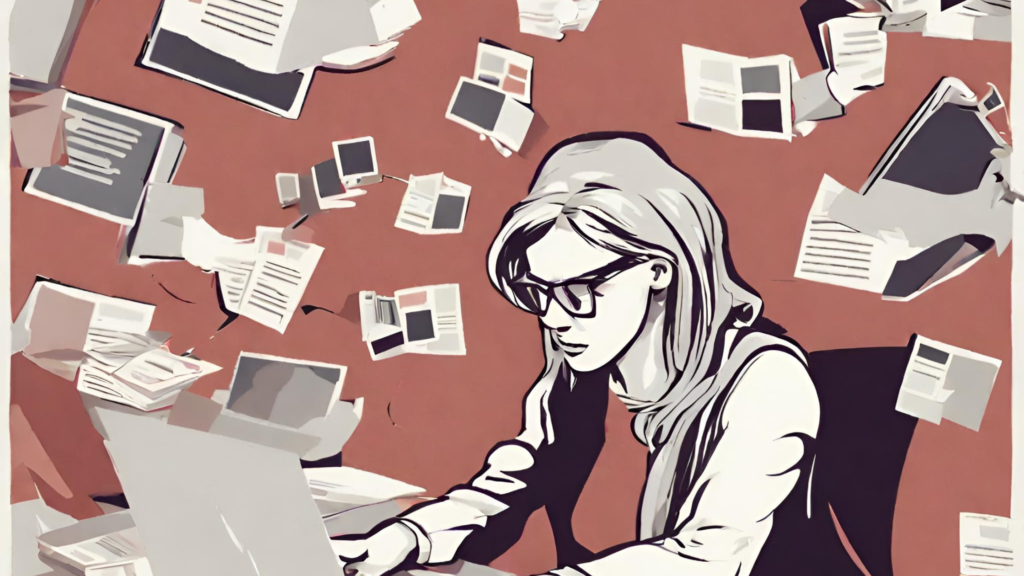
In the sea of social media, where ideas flow freely and conversations unfold in real-time, a dark tide looms over – Plagiarism plague. As users navigate the intricacies of online communication, the ethical lines between inspiration and imitation become increasingly blurred. It gives rise to concerns about authenticity, credibility, and intellectual property.
Plagiarism Plague Results in the Erosion of Originality
In today’s digital age, where content is king, the allure of going viral and amassing followers sometimes tempts individuals to abandon originality. Copying and pasting content, ideas, or even entire posts from others may seem like a shortcut to social media success; however, it comes at a significant cost to online communities. The true essence of social media, which thrives on diverse voices and unique perspectives, is undermined by the rampant spread of unoriginal content.
Plagiarism Plague Puts Trust in Jeopardy
Trust is the currency of social media interactions. Plagiarism fractures this trust by misleading followers into believing the plagiarizer is the original content creator. Whether it’s a witty tweet, an insightful blog post, or a visually striking image, genuine creators deserve credit for their work. When trust is compromised, the very fabric of online communities weakens, hindering meaningful connections and collaborative discourse.
Navigating the Legal Minefield
Beyond the ethical dimensions, plagiarism on social media can also have legal consequences. Intellectual property laws protect creators from unauthorized use of their work. Social media platforms, keen on upholding legal standards, may impose penalties ranging from content removal to account suspension for violators. Navigating the legal minefield requires users to be vigilant about respecting copyright and intellectual property rights.
Preserving Digital Ethics
Preserving digital ethics facing plagiarism plague demands a collective effort. Content creators, influencers, and even everyday users must prioritize originality. They must uphold the principles of fair use. Acknowledging and crediting sources is not just a legal formality; it’s a commitment to fostering a culture of respect and collaboration in the digital space.
Educating the Online Community
Education plays a pivotal role in curbing the plagiarism plague. Social media platforms should invest in user-friendly resources and guidelines. Moreover, the importance of original content creation and potential perils of plagiarism (including content generated by AI tools like ChatGPT) should be emanated among end users. Empowering users with knowledge equips them to navigate the digital landscape responsibly.
In conclusion, as we grapple with the plague of plagiarism on social media, the call for ethical conduct grows louder. Authenticity, transparency, and respect for intellectual property rights are the cornerstones of a healthy online environment. By collectively resisting the plague of plagiarism, we can shape the digital world. That would ensure it celebrates individual voices, nurtures creativity, and sustains trust. That’s the way forward for social media communities to thrive.
